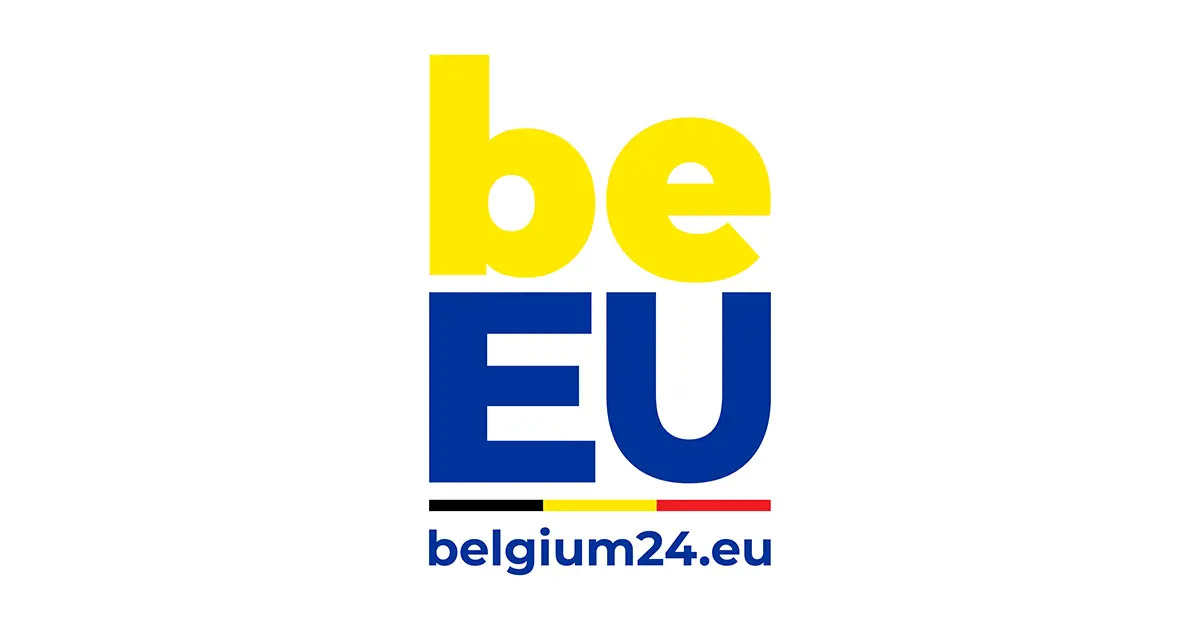During the Environment Council under the Maltese Presidency held on 19 June Ministers had a political debate on the rules for sectors (agriculture, transport, buildings, waste) outside of the EU emissions trading system post-2020 (Effort Sharing Regulation and LULUCF) and the international developments on the Paris Agreement.
As to the Council conclusions adopted on the EU Action Plan for nature, people and the economy, Minister of State Zsolt V. Németh, head of the Hungarian delegation, emphasised that the effective implementation of nature conservation regulations remains a priority for Hungary.
The Ministers had an exchange of views in relation to the proposal on the sectors (agriculture, transport, waste, buildings) outside of EU ETS (Efforts Sharing Regulation) and to the proposal on the inclusion of emissions from land use and forestry (LULUCF) into the 2030 climate framework. The Maltese Presidency prepared a progress report, which received support by the majority of Member States. The political debate underpinned that the Members States remain divided over the outstanding political issues such as the safety reserve in the ESR proposal or the methodology for setting the forest reference level in the LULUCF proposal. Most of the Member States argued that robust, credible and transparent accounting rules are of capital importance. Many ministers emphasized that the aim is to reach a fair and balanced compromise agreement, however further technical negotiations are needed for this.
The Ministers held an exchange of views on the latest climate policy developments on the Paris Agreement, with special regard to USA withdrawal from the Paris Agreement. Majority of Member States deeply regretted the fact that USA will exit from the Paris Climate Agreement. Many Ministers emphasized that the Paris Agreement is not renegotiable. In this context, many Ministers welcomed the Council Conclusions adopted by the Foreign Affairs Council on the same day. Most of them urged for an even stronger international alliance against climate change, including cooperation with the big emitters and the most vulnerable countries.
Ministers adopted Council conclusions on the EU Action Plan for nature, people and the economy, agreeing that more effective action is needed to achieve the EU's 2020 targets for halting and reversing biodiversity loss. In order to promote the achievement of the EU's nature conservation objectives, Minister of State State, Mr Zsolt V. Németh said that Hungary also considers the traceability and efficient use of nature conservation expenditures as well as the elaboration and implementation of nature conservation action plans important.
Mr V. Németh also held a bilateral meeting with the Commissioner for Environment, Maritime Affairs and Fisheries, Mr Karmenu Vella. The discussion touched upon, inter alia, changes to the legislative proposals affecting national waste management systems that form part of the so-called circular economy package and which was discussed at the Council. Mr V. Németh informed the EU Commissioner about the significant results achieved in the field of waste management, such as the significant reduction in landfilling and a dynamic growth in recycling. He also outlined the Hungarian concerns regarding the feasibility of the waste management targets outlined by the Commission, based on the results of an impact assessment carried out by an independent consultancy firm. The head of the Hungarian delegation emphasised the need to set realistic and achievable goals that take into account the specificities of Member States both in terms of the quantity and composition of waste generated and the utilisation of existing waste management capacities.
Poland informed Ministers about the project on “Development of Urban Adaptation Plans for cities with more than 100,000 inhabitants in Poland’ and adaptation to climate change in urban areas”. The main objective of the project is to assess the sensitivity and vulnerability to climate change and to design priority adaptation activities adequate to the identified risks individually for each city.
Miguel Arias Cañete, climate and energy commissioner briefed ministers about the state of play of ratification of the Kigali Amendment to the Montreal Protocol on Substances that Deplete the Ozone Layer. The Commissioner called for the Members States swiftly conclude their national ratification process, so that the EU and its Member States could simultaneously deposit their ratification instrument before the COP23 climate conference.



